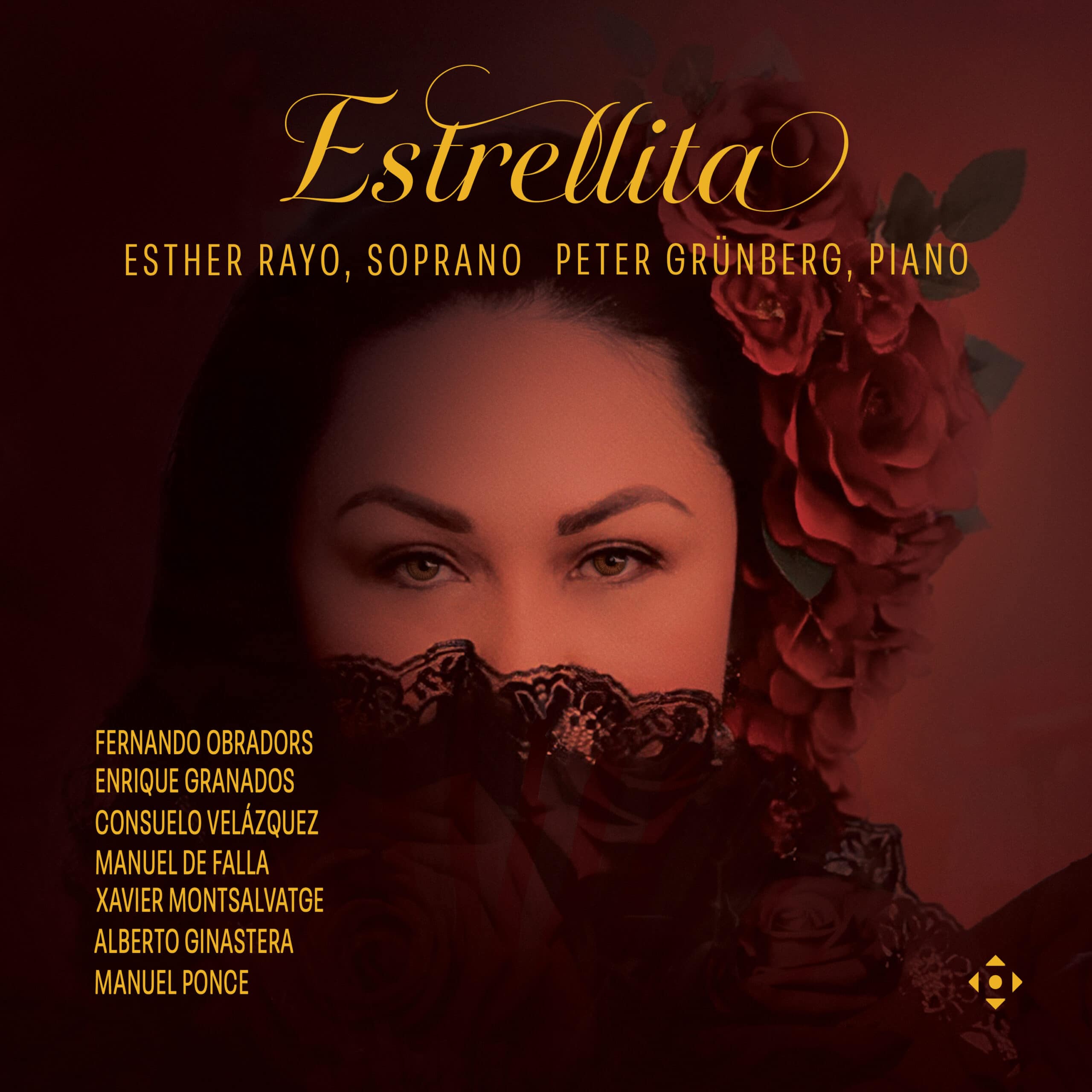Gramophone
For her debut recording, California-based soprano Esther Rayo has chosen a varied programme of Spanish and Latin American canciones. Rayo’s warm, sweet tone and silky-smooth legato is especially successful in tender, lyrical songs, such as ‘Con amores, la mi madre’ from Obradors’s Canciones clásicas españolas or ‘Zamba’ from Ginastera’s Cinco Canciones populares argentinas, both of which she sings with touching intimacy. And she evokes the fragrant memories of Montsalvatge’s ‘Cuba dentro de un piano’ from the Cinco Canciones negras with an appropriate sense of nostalgic longing, while in faster songs, such as the ‘Canto negro’ from the same set, she dances nimbly through the syncopated rhythms.
At times, however, she seems more concerned with sculpting beautiful phrases than in vivid characterisation. The wild emotions in Granados’s ‘La maja dolorosa’ triptych are muted, for example, and she hardly differentiates between the two voices in Obradors’s ‘El majo celoso’; Joyce DiDonato’s recording of the latter (Eloquentia, 10/07) demonstrates just how dramatic this brief song can be.
Pianist Peter Grünberg is the more extrovert of the duo, in fact, and his articulate, unfussy playing is a joy throughout. His solo moment in ‘Quejas, o La maja y el ruisenor’ from Granados’s Goyescas is admirable even if it doesn’t quite erase memories of Alicia de Larrocha’s quasi-improvisatory legerdemain (Decca, 12/77). I didn’t much care for his over-complicated arrangement of ‘Bésame mucho’, even if its placement following the Goyescasmovement that inspired Velázquez’s popular tune is clever indeed.
Happily, ‘Estrellita’ – the recital’s closing selection – fares far better. Rayo and Grünberg perform Ponce’s sentimental number without a trace of sentimentality, and the chasteness is surprisingly affecting.
@divineartrecordingsgroup
A First Inversion Company
Registered Office:
176-178 Pontefract Road, Cudworth, Barnsley S72 8BE
+44 1226 596703
Fort Worth, TX 76110
+1.682.233.4978












